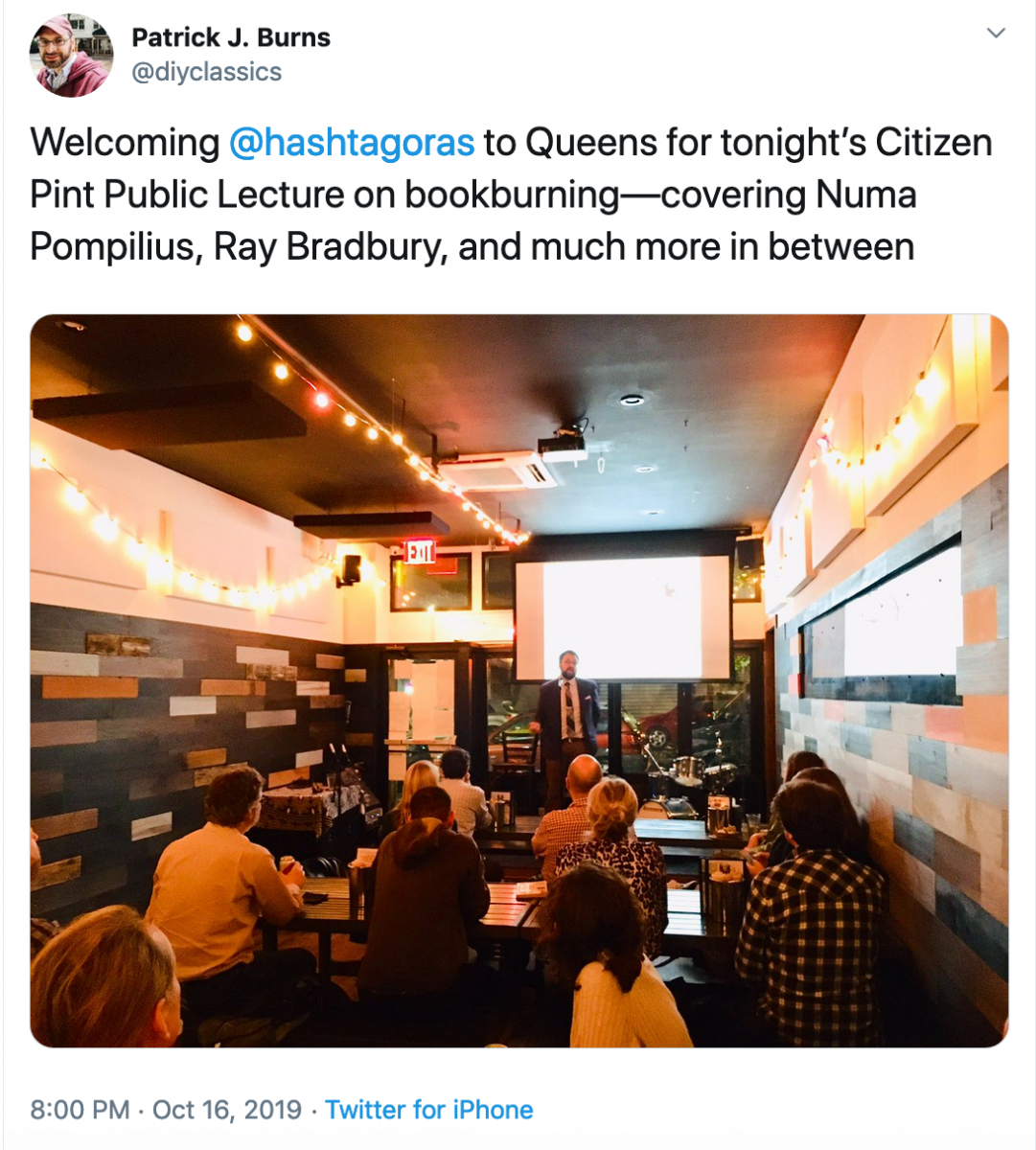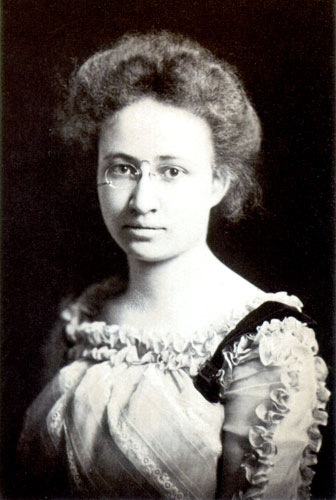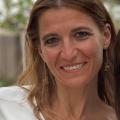Nina Papathanasopoulou
October 25, 2019
The new Classics Everywhere initiative, launched by the SCS in 2019, supports projects that seek to engage communities all over the US and Canada with the worlds of Greek and Roman antiquity in new and meaningful ways. As part of this initiative the SCS has been funding a variety of projects ranging from children’s programs to teaching Latin in a prison. In this post we focus on two programs that encourage audiences to look at the ancient material and traditional practices with a new lens, with a comparative and critical eye.
There is an ongoing discussion in the field of Classical Studies about the past, present and future of the field. Calls have been made to reflect on current and traditional practices of studying Classics; to restructure curricula, admissions, and hiring processes; and to work towards a more constructive and inclusive future for the field. The two programs funded by the SCS’ Classics Everywhere initiative discussed below invite us in one case to look at current issues through an ancient lens, by investigating the parallels and pitfalls between ancient and modern leaders. The second asks us to approach ancient material through a new perspective by examining the contributions and engagement of people of color with classical antiquity. Both promote accessibility and inclusion within our field.
Norman Sandridge, Associate Professor of Classics at Howard University and an affiliate in leadership studies at the Center for Hellenic Studies, co-founded Kallion Leadership, Inc.. Kallion describes their mission as attempting “to develop better leadership across all sectors and communities through the study of the humanities.” As part of his work for this organization, Sandridge aims to support communities that want to engage with ancient leadership material. Since January 2017, he has been running a discussion table on ancient leadership at the Cosmos Club in Washington, D.C. with a variety of professionals, from lawyers specializing in international law to leadership consultants in private companies. Driven by his own research, publications, and courses, Sandridge endeavors to inspire more teachers in forming reading groups and creating communities within which to study leadership in antiquity and today.
To this end Sandridge brought together three scholars already interested in leadership, and is providing support for their individual projects. In Queens, New York, Patrick J. Burns, a postdoctoral fellow at the Quantitative Criticism lab at UT-Austin Classics, is building on his running political philosophy and literature reading group, “Citizen Pint.” This group discusses current issues appearing in the editorial page of the New York Times or the Wall Street Journal, through readings from the classical world and beyond. For example, the group used Sophocles’ Antigone for a discussion of the fragility of law and norms in contemporary government, and Aristotle’s Nicomachean Ethics for a discussion of “friendship” in social media.

Figure 1: A Tweet from Patrick J Burns (@diyclassics) regarding a recent Citizen Pint lecture from (@hashtagoras) Joseph Howley (Image via Twitter).
In an effort to expand the reach of “Citizen Pint”, Burns has begun hosting public lectures related to their monthly readings. With support from the SCS’ Classics Everywhere initiative and in the spirit of the initiative’s effort to get Classics professors out of the office and into the community, Burns invited Joseph Howley, Associate Professor of Classics at Columbia University, to speak to the group about their current selection, Ray Bradbury’s Fahrenheit 451. The talk, entitled “Fascism, Book-burning, and Media: 19BCE to 1953AD,” took place on October 16 at the event space of Sanger Hall. Caroline Wazer, a “Citizen Pint” regular, was delighted to attend the talk, noting:
Howley walked us through the complex history of book burning and challenged us to think critically about the book both as a symbol and as a technology to be exploited. Examples such as Trajan’s cancellation of debt by the public burning of tax registers revealed the surprising moral ambiguity of the practice in antiquity.
In Massachusetts, Claudia Filos, Business Manager at The Community House and former Executive Producer of Heroes X and of Digital Content & Educational Programing at Harvard’s Center for Hellenic Studies, is in the process of forming a guided memoir group for women, which will focus on conceptions of power and leadership in relation to women’s roles. The group of five to six women will support each other through a five-week reading and writing program that draws on ancient and modern writings, from Antigone’s clash with authority to Michelle Obama’s memoir, Becoming. The group is designed for brand new writers of all ages and will meet for 5 weeks starting Nov. 1 at the Wenham Council on Aging on Sundays from 7-9pm.[1]
Reading groups are an important way to introduce the public to ancient literature long after they may be done with school. In Carrboro, North Carolina, John Esposito, Lecturer in Classical Studies at the University of North Carolina-Greensboro (UNCG), is forming another reading group, informed by his professional experience in information technology and musical education. The group will meet in the evenings for five sessions over two to three months to discuss select readings on leadership from the Iliad, Herodotus, Thucydides, and Xenophon. During each session Esposito will provide basic historical context and introduce key theoretical concepts, while members will read and react openly to the texts at hand. In the second part of the session, the group will work collaboratively to build a formal ‘ontology’ of actions, skills, problems, characters, situations, and arguments related to leadership as exhibited in the ancient texts. They will then compare, expand, and visualize this model – take a look at an example here – based on their own experiences.
Esposito has used ontology-building as a facilitation and planning technique in the past and is currently using a similar technique with his students at UNCG. According to Esposito,
Formally defining ideas in this visual way—like concept mapping with a machine-readable, logically checkable element—promotes deep and careful thought, on the one hand, and rich conversation about finer theoretical points among people who think they agree but actually don’t, on the other. The benefit is depth; the cost is breadth, since each concept requires a good chunk of work to model in a way that all participants find acceptable.[2]
In supporting the three projects described above Sandridge hopes to welcome larger groups of participants into conversation with those who study ancient leadership professionally, and to figure out the best ways to build these conversations. Given the geographical, professional, and cultural variety of these projects, Sandridge also expects to receive insights as to how to transition from focused reading groups to more regular, ongoing engagement with this ancient material. This means that rather than having reading groups that last solely 4-5 weeks each, there will be ongoing discussions on these topics through long-lasting reading groups and conversations.
The ancient material is also useful in discussing difficulties that leaders face and ways in which leadership values can be best incorporated in daily practices. In Xenophon’s Cyropaideia (1.6.7-8) Cyrus affirms to his father Cambyses that the most wondrous thing of all is to see to it that others have what they need and become what they need to be. In his own discussion table at the Cosmos Club, Sandridge uses this and other ancient passages as starting points for conversations about key leadership values such as putting the needs of others first, thinking about the group as a whole, and learning how to prostateuein - how to stand out in front of other people and act for them as their representative, protector, and guide.
While ancient leadership reading groups encourage individuals to find connections between the current and ancient governance, to contemplate the work of past leaders, and to reflect on one’s own attempts to learn from the past, other projects aim to critically evaluate Classics and the domination of the field by white and privileged voices. Inspired by last year’s “Classics Beyond Europe” series, T.H.M. Gellar-Goad, Associate Professor of Classics and Zachary T. Smith Fellow at Wake Forest University, and Caitlin Hines, a Teacher-Scholar Post-doctoral Fellow at Wake Forest University in Winston-Salem, NC, are organizing “Classics Beyond Whiteness”, a multidisciplinary and multimedia program designed to celebrate the unique pedagogical, scholarly, and artistic contributions of Black Classicists, to foreground the reception of Classical antiquity by artists and communities of color, to highlight recent efforts to create a more diverse and inclusive field, and to confront the hateful backlash (both online and in professional settings) that has targeted those efforts.
“Classics Beyond Whiteness” is aimed at students, faculty and the larger community of Winston-Salem and includes courses, lectures, workshops, film screenings, art projects, a reading group, and a museum exhibit. According to Gellar-Goad and Hines, the program is “an essential step toward addressing our field’s continued complicity in exclusionary practices that misrepresent the study of classical antiquity as of, by, and for white people alone.” The program will focus both on the contributions of people of color to Classics and the influence of Classics on Black literature and film, the obstacles – past and current – to accessibility and diversity in the field, and non-white receptions of Classics.
According to Hines, the highlight of the program, largely funded by the SCS’ Classics Everywhere initiative, is the commission of a local artist, Leo Rucker, to make 3 full-size portraits of Black Classicists from North Carolina which will be unveiled in January and displayed in prominent locations on the Wake-Forest University campus. These will be the first painted portraits of these Classicists and they will be accessible for free to the broader community of Winston-Salem. For Hines the creation of these long-lasting portraits is a vital component of their program as their aim is “to simultaneously highlight the historical achievements of Black scholars, to celebrate the modern creative accomplishments of a local Black artist, and to re-center voices and faces of people that have been traditionally marginalized.” Artist Leo Rucker feels honored to capture the impact of these people in his art:
I feel that I can bring attention to these individuals through my artistic ability in order to show the quality of education these educators strove to provide. They wanted to make sure that young blacks could broaden their language and studies.

Figure 2: Helen Maria Chesnutt (1880-1969), from Fayetteville, North Carolina, one of the Black Classicists whose portrait will be painted by Leo Rucker (Photo in the Public Domain).
As part of the programming, Hines is teaching a course in the spring on the appropriation of Greco-Roman antiquity called “Ancient Worlds, Modern Crises”, while Gellar-Goad is currently teaching a new course - also called “Classics Beyond Whiteness” - which studies race and ethnicity in antiquity, non-white receptions of classics, and the use of Classics in modern racial politics. The course has no prerequisites and requires no prior knowledge of Classics, and is completely full with a majority of non-white students. Gellar-Goad is particularly excited about his course, in which he is implementing a community-centered approach. The students in the course have a central role in the teaching and learning process, as they are given the space to express themselves, follow their instincts and be leaders of discussions. Gellar-Goad is aiming to decenter his own expertise and validate the expertise that the students are bringing to the class.
Gellar-Goad and Hines are also running a reading group which is discussing Donna Zuckerberg’s Not All Dead White Men. The group’s participants are quite varied: Classics undergrad students, non-classics students, faculty from WFU from different fields including the Schools of Divinity, Business, and Law, the Chair of the Mathematics department, and a retired faculty member are all regular members. A first-year student at WFU, Elizabeth MacDonald ’23, reflected on her participation in the reading group so far: “Being a part of this group has given me the time and space to reflect on topics that have troubled me for some time. It is comforting to know adults grapple with similar personal challenges; it is changing how I understand myself."
Both of these programs funded by the SCS’ Classics Everywhere Initiative – Ancient Leadership and Classics Beyond Whiteness - engage in educational practices that aim to make the field more inclusive, accessible, and relevant to the public at large. Each endeavors to attract a more diverse audience to the study of the ancient Mediterranean and to create opportunities for a more inclusive vision of the discipline that welcomes a plurality of voices to the study and reception of antiquity.
Applications for the next round of Classics Everywhere awards are due on February 14, 2020.
Header Image: Sarcophagus fragment of a clipeus with a deceased couple, one of which is holding a small codex (Vatican Museums, 3rd-4thC CE, Image by Sarah E. Bond).
________
[2] If you are in the Carrboro/Chapel Hill area and are interested in being part of this reading group, please contact Esposito at jeesposi@uncg.edu.
Authors


